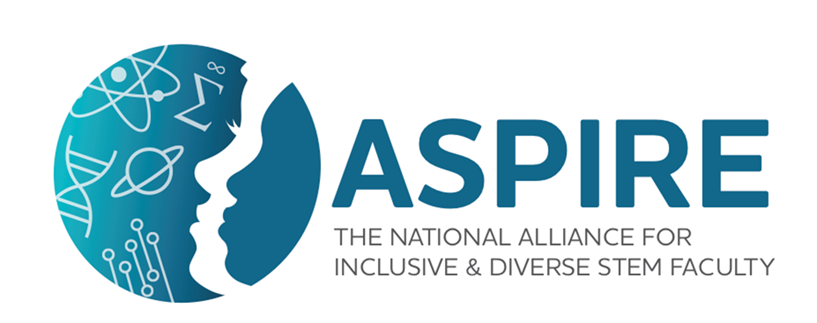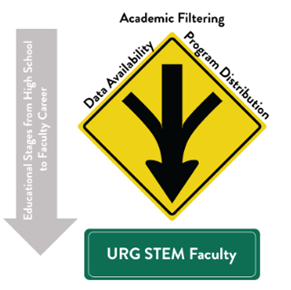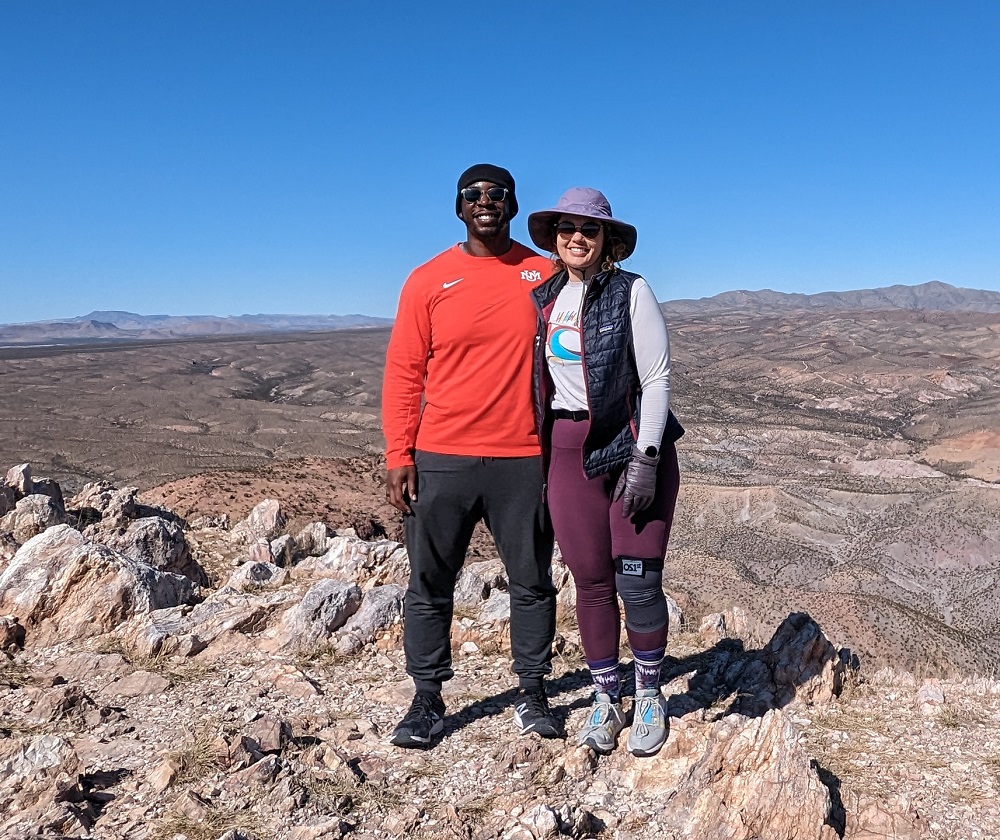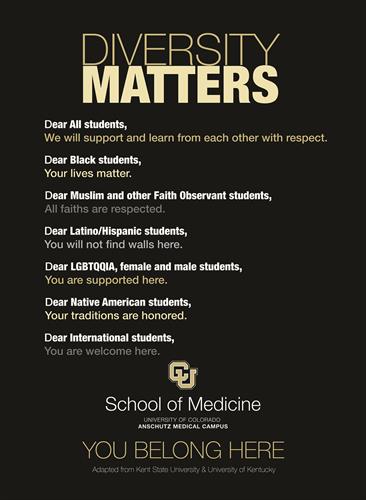Filipino American History Month Student Highlight
Get to Know: Janae Mudge
Oct 21, 2022Get to Know: Janae Mudge
Q&A by Tori Serna
What made you want to pursue a career in Physical Therapy?
From as long as I can remember, my family put an emphasis on making sure my brother and I were in sports or a part of a team at a very young age. Always playing sports meant I would get injured often. Injuries landed me in the health system, specifically Physical Therapy. While my doctors seemed emotionally distant, I always felt understood and heard by my physical therapists. They were the most influential people in my recovery and were always so friendly and knowledgeable. My young self wanted to be like them because they seemed like such fun and amazing people. When completing the return-to-sport performance testing following an ACL and meniscus repair in high school, I remember my physical therapist looking at me and saying, “you could do this one day, you know.” That phrase stuck with me, and I began to explore the Exercise and Sport Studies Department at my undergraduate university as well as work as a Physical Therapy aide. I fell in love with learning about exercise as well as teaching the importance of movement. I knew I wanted to make a difference in people’s lives in the same way my physical therapists made a difference in mine, by working effortlessly to get me back to doing what I loved.
How has CU Anschutz Physical Therapy Program allowed you to pursue your goals?
Coming into the CU Anschutz Physical Therapy Program, my main goals were to stay true to myself and to grow throughout the process. The CU DPT Program has provided me with many different opportunities to get involved in the community and better myself. My plan after graduation is to serve low income and historically marginalized communities. The education I am provided here allows me to practice acceptance and inclusivity in every one of my interactions. Their emphasis on diversity, equity, and inclusivity has pushed me to continue to improve upon myself, while simultaneously refining my future practice as a physical therapist. I understand that it is crucial for physical therapists to practice inclusivity and communicate support and safety. I believe physical therapists bring a sense of intimacy into the recovery process, which makes us an integral part of a patient’s support system. I’m excited to be one of these impactful participants on the interprofessional team.
What is your “why”?
It’s difficult to try and come up with one simple statement because my “why” is constantly developing and transforming into something bigger. Simply put, I want to make sure my choice of work is important and makes a difference in my life, my patients, and the community I serve. As a patient, I felt like my physical therapists did so much to lift me up and change my life. Since being a PT aide and a DPT student, I’ve been able to treat patients and realize that they have the power to positively influence and improve my life beyond the capacity that I can change theirs. The reward I feel from healing and helping patients is better than anything else I could ever imagine.
As a person of color, I strive to be able to connect with my patients while sharpening my skill set to help individuals understand what our bodies can achieve. For this reason, I am motivated to persist beyond any obstacle in order to give the community I serve the power to live their lives how they want; free of pain and full of potential.
October is a month to celebrate and commemorate the first recorded presence of Filipinos in the United States. What does this mean for you? In what ways do you feel you have made your presence known during your time in this Physical Therapy program?
As of recent, I have done some reflection and have come to realize how impactful it is to accept your identity. I feel my roots in my Filipino culture and am proud to state, “I am Filipina.” I am committed to using my own challenges with injustice to promote equality within my practice of Physical Therapy and within the DPT program. I know that my experiences as a Filipino woman have taught me the importance of acceptance and influence my intentions to better society as a physical therapist. It isn’t what I look like or what I have been given in life that defines me; it is how I interpret and apply my privilege that constructs my identity and philosophy. I try to bring that energy to CU Anschutz DPT program. I aim to rise above the biases that society holds for a Filipino-American woman and prove that I am more than a statistic.
The DEI community at CU and specifically within the DPT program has encouraged me to accept my culture and work to uplift those in the community who have not had the privilege of higher education. Dedicating the month of October to Filipino culture and history within America reminds me to stay connected and remain grateful. Without the bravery of my grandmother and the many other people like her who immigrated to the US, I would not have this amazing opportunity to be pursuing a doctorate degree. I made it here because of my background and my culture deserves recognition.
Throughout the CU program, I have become increasingly involved in volunteer opportunities for historically marginalized communities through the DAWN clinic. I have also taken interest in learning more about Parkinson’s Disease and discovering ways to empower this population through my work as a student aide as well as volunteering for Rusty Gloves. I am excited to become more involved with the DEI committee and work with our class to promote diversity and cultural/racial acceptance, not only on campus but through the wide reach of CU and our affiliates; including but not limited to clinical sites, volunteer locations, and community outreach locations. Physical therapists are dedicated to improving the health of society. Because I believe the well-being of an individual and a community stretches beyond the physical, we must practice inclusivity and rise above injustice.
What words of encouragement do you have to share with future students of color pursuing careers in healthcare?
Although at times it might seem like there are a lot of obstacles in the way, believe in yourself. Think of all the people and voices that you represent. People of color want to be heard. As a person of color, I like to think we have a special power; we listen to, help, and validate these communities beyond just their medical condition. Show your patients that they too can be strong and successful in the world. You are capable of greatness and there are so many people who will be incredibly grateful for everything you do.




